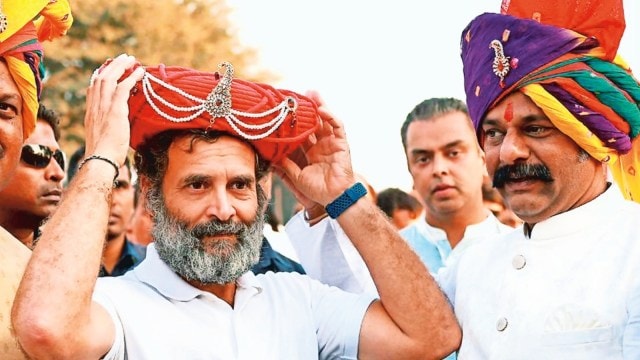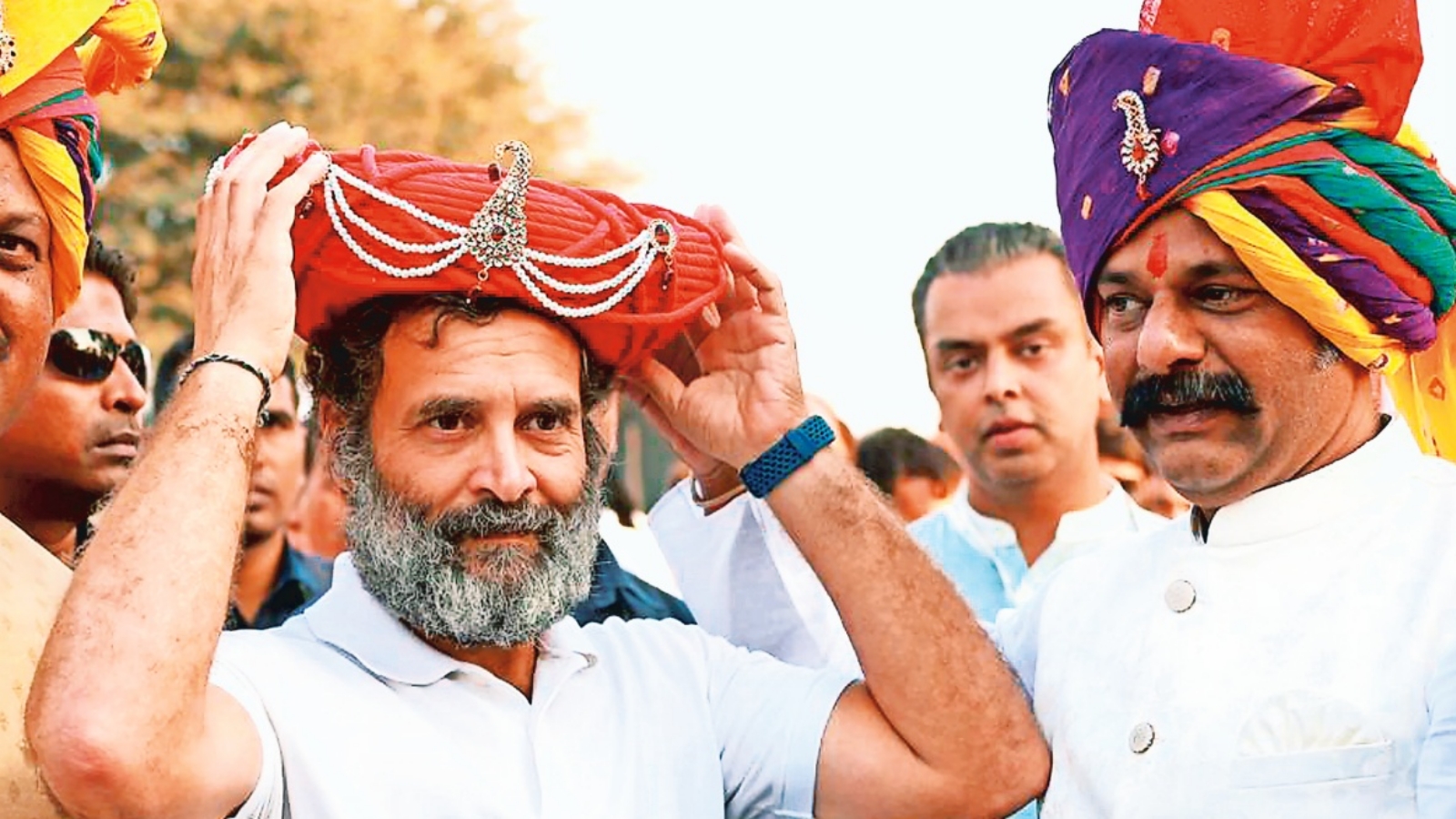
First an admission. I glanced through Rahul Gandhi’s article on his economic ideology published in this newspaper last week and found it dull and predictable, so I did not read it carefully. It was when my friend Gaj Singh (Bapji) Jodhpur sent me his views on it that I paid more attention. I have known Bapji for years and have never seen him react angrily to anything. But Rahul managed to infuriate him enough for him to say that as someone who was ‘a product of the architects of the License Raj’, it was outrageous for him to accuse the Indian Princes of killing Indian enterprise by colluding with the East India Company. Correct.
If anyone managed to almost destroy Indian enterprise, it was Rahul’s granny and her father. J.R.D. Tata is on record saying that though Jawaharlal Nehru was his friend he never managed to convince him that his economic policies would not benefit Indian industry. Here, may I remind you that when our colonial masters were still ruling India and crippling private enterprise with sanctions and penalties, Indian companies continued to grow and thrive. Indian businessmen defied British sanctions and succeeded well enough to begin manufacturing not just motorcars but aero planes and ships. It was Nehru’s central planning that put an end to their ambitions.
Then came his daughter’s License Raj which created an economic dictatorship that ordained who could produce what. Those who dared exceed their quotas were punished. But despite all this ‘socialism’, the shining dream that the Indian public sector would produce enough wealth to lift the Indian people out of poverty never came true. So, to blame the East India company or the Indian Princes is both incorrect and ignorant. But, as Bapji pointed out in his email to me, the Nehru family has always had a problem with the Indian Princes. He knows this well.
His father, Hanwant Singh, who became the Maharajah of Jodhpur at the age of 24, just weeks before Independence, resisted merging his state into the Indian union till the last moment from an overarching sense of responsibility for his people. Then in India’s first general election, he proved that he was a ruler who could adjust to modernity. He formed a political party and won nearly all of Marwar’s seats in Parliament and the assembly. Had he not been killed in a mysterious air crash on the day the results came, he may have been Rajasthan’s first chief minister.
Not long after, Congress leaders warned the princes that they would lose their privy purses if they continued to contest elections. They lost their privy purses and have continued to prove that they remain popular enough to win not just seats in Parliament but whole states. And since Indian democracy has produced socialist princelings galore, why should they not be allowed to show that this is a game that they know how to play well.
What saddens me when I travel in those parts of India that the British did not rule is that Indian historians have never fully acknowledged the role played by the princes in keeping Indian civilisation and our traditions alive. It was in the princely states that our classical music, painting, dancing, languages and customs were preserved because of the patronage of Maharajahs and Nawabs. In those parts of India that the British ruled directly, these things were frowned upon and a generation of brown sahibs was born. They produced more brown sahibs who continue to impose colonial governance on India. Modi has failed to change this despite coming from outside the privileged enclave we call Lutyens Delhi.
Having just finished reading William Dalrymple’s outstanding new book ‘The Golden Road’, I confess that it saddened me that we Indians have not written enough books that tell us of our own history. Even in these times of Hindutva there is a dearth of Indian writers who care about our civilisation enough to explore it more fully. For the criminal neglect of our ancient monuments, all our politicians need to answer. There was much more to Indian civilisation than religion and temples but inexplicably, nobody in these Hindutva times seems to care about this. So it is in western universities that ancient Sanskrit texts are paid more attention to than in our own. And it is worth remembering that these texts may not have survived if more than half of India had not remained under the rule of Indian Princes.
Proof of this lies in the museums that the princes have set up in their crumbling forts and palaces. Many of them fell to ruin when the privy purses were stopped by Indira Gandhi. If they have seen a revival in recent years, it is because when foreign tourists started coming to India, they made it clear that it was not socialist princes they were interested in or the ugly, Soviet-style buildings that came up in socialist times. They went looking for the ‘real India’ and found it in those states that were ruled by the much-maligned Indian maharajahs.
For the record, I did read Rahul Gandhi’s article on his new deal for businessmen and found it as dull and predictable as I thought it would be. He would do well to sack his economics and history tutors. And he would do well to also read ‘The Golden Road’ for his own discovery of India’s ancient wonder.



